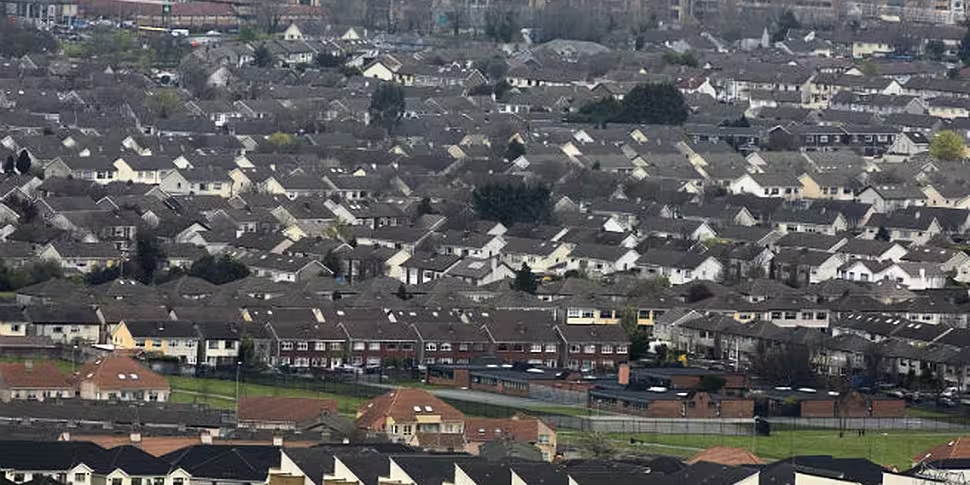As we approach the halfway point of September, councillors around the country are deciding whether or not to change the rate of local property tax (LPT) for 2017.
The tax came into effect in 2013, and applies to all residential properties in the country.
It is a self-assessed tax, based on the market value of the property in 2013. The value of properties is expected to be re-evaluated in 2019 - the re-evaluation date having been deferred by the Government.
The amount of tax paid is determined by the value of the property - ranging from €90 for a house valued at €100,000 or less, to a €3,050 charge for properties valued at €1.5m.
While the LPT is a national tax collected by Revenue, local authorities are able to either reduce or increase the rate by a maximum of 15%.
This has to be decided on a year by year basis - a decrease agreed for 2016 does not automatically carry over to 2017.
Decreases also don't 'stack', so all reductions agreed this year will be based on the national standard rate.
The decision on the following year's rate is typically decided by most individual councils during September, as local authorities have to inform Revenue before the end of the month if they intend to make an alteration to the standard rate.
For example, Louth County Council - which introduced a reduction of 1.5% last year - will be considering the matter during their meeting next Monday, September 19th.
Last year, 11 councils voted to reduce the 2016 rate - compared to 14 the previous year.
Within that, the reductions ranged from the 1.5% in Louth to the maximum 15% approved by councils in Clare, Dublin City, Dun Laoghaire-Rathdown, Fingal, and South Dublin.

Image: Revenue
The remaining councils retained the standard rate.
So far this year, Dun Laoghaire-Rathdown and Fingal county councils have again voted for a 15% reduction.
Councillors in Kerry and Galway city, in contrast, have rejected calls to cut rates, and have instead voted to leave LPT unchanged at the basic rate.
In Galway, Sinn Féin Councillor Mairead Farrell had called for a maximum reduction and suggested the LPT "is nothing more than another austerity measure and chooses to stand with the people of Galway by calling for its abolition". However, councillors voted against a change.
Elsewhere, Rory McGinley, Independent councillor with Dublin City Council and Chair of their Finance Committee, told Newstalk.com:
"I detect a little bit less buoyancy in the overall revenues this year.
"Last year was an election year, which meant there was some buoyancy in local authority funding - but that doesn’t appear to be there this year."
However, he added that it is 'probable' that his fellow councillors will again vote for a reduction as they have done in the two previous years. They will be voting on September 22nd.
South Dublin County Council will be considering the matter on September 26th, and an official with the council says it will not be surprising if councillors vote for a lower rate as "they reduced it last year, and the year before".
Councillors from parties opposed to the LPT - such as Sinn Féin and AAA/PBP - will likely be calling for reductions around the country.
Kildare County Council, for example, will be hearing a motion from Councillor Ide Cussen to reduce the LPT by 15% when they meet on September 19th. Councillors in Kildare voted for a 7.5% reduction last year.
Meanwhile, the Evening Echo reports that the Lord Mayor of Cork - Fine Gael Councillor Des Cahill - has suggested a cut would be damaging to the city's budget, and would make it "very hard for the Council to get more money to get work done".
With just over two weeks to go until the Revenue deadline, it will soon become clear what sort of LPT bills households around the country will be facing next year.









